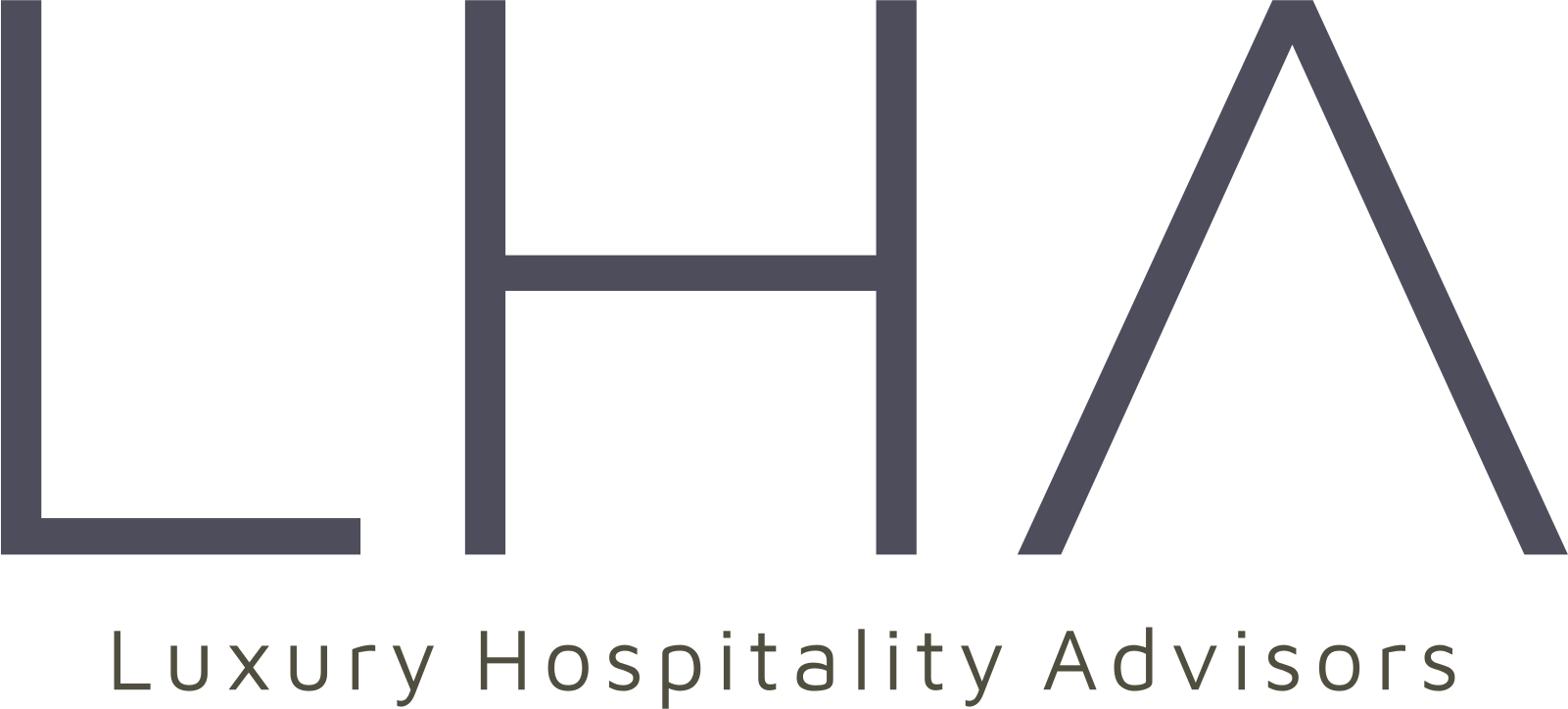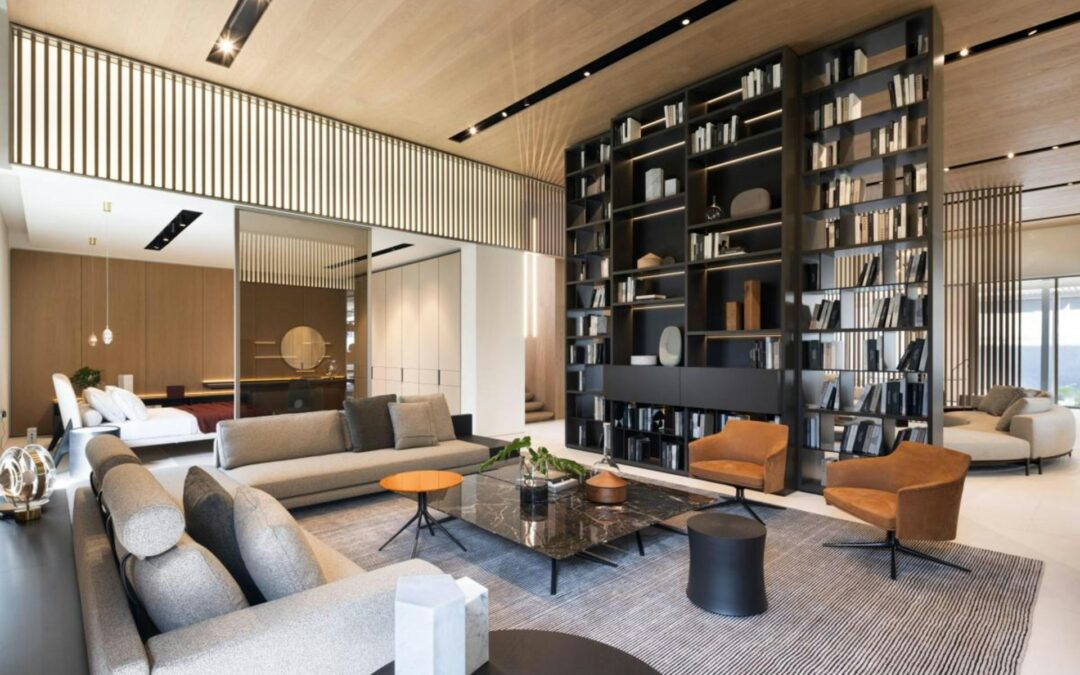The $25 Million Question: Is Your Sales Team Protecting the Brand Price Lift?
The decision to partner with a global luxury hotel brand—be it an Aman, a Four Seasons, or a Mandarin Oriental—is a strategic move made at the highest level of development. That partnership requires substantial licensing fees, but it guarantees an immediate price premium (often 15% to 30%) over comparable, non-branded luxury assets.
This massive financial advantage is the entire point of the project. Yet, this premium is fragile, and the single greatest threat to its integrity is often the very last step in the process: the agent-client interaction.
If the agent is not trained to sell the intangible value of the brand, they are selling $25 million worth of architecture, not status and access. They are effectively commoditizing the single most valuable asset for which the developer has paid.
Selling Status and Access Not Cabinets and Countertops
A traditional luxury real estate agent is excellent at selling square footage, finishes, and location. However, branded residences require a different skill set—one rooted in hospitality excellence and brand strategy.
This creates a critical sales gap if not considered prior to the launch of the sales process. Consider this scenerio:
The Agent’s Pitch: “The kitchen has Sub-Zero appliances and imported Italian marble countertops.”
The Client’s Thought: “I already have those and the last place we looked at had them as well.”
The agent, lacking the strategic language, defaults to selling features, not status and access. The focus should have been on the design and functionality that is Kitchen Art and how it will feel as a chef for this to be your kitchen. If not, the luxury client is left questioning the premium, leading to resistance, price negotiation, and ultimately, a failure to maximize the project’s valuation.
Agent Training as Asset Preservation
The solution for developers is simple: mandate training that transforms the real estate agent into an LHA certified Brand Ambassador—an extension of the five-star service culture itself. This training focuses on leveraging Brand Pillars—the 3-5 core values (like Absolute Discretion or Unwavering Asset Preservation) that define the brand.
How a Trained Agent Elevates the Conversation
Justifying Price: Instead of saying, “The management fee is for maintenance,” a trained agent says, “That fee secures the brand’s Unwavering Asset Preservation mandate, which requires proactive, preventative maintenance and capital investment to ensure your resale value is protected to a five-star standard.”
Creating Emotional Loyalty: They pivot from selling amenities to selling the status and enjoyment of a curated lifestyle. When touring the private residential entrance, they emphasize the brand’s commitment to Absolute Discretion, assuring the client that their privacy is a non-negotiable operational priority.
By mastering this language, the agent makes the client feel that the elevated price is not arbitrary, but a necessary cost to secure a guaranteed, world-class experience. Understanding the difference between traditional sales and status/access-led selling is key to the luxury market.
Our Conclusion on Guaranteeing the Commission
Developers must view comprehensive agent training not as a cost, but as an insurance policy for their project’s financial goals. The difference between an untrained agent who sells a unit at 10% below target and a trained Brand Ambassador who consistently closes at full price is monumental.
If your sales team is struggling to articulate the value, status, and lifestyle inherent in your brand partnership, the premium you paid for is at risk.
Ready to ensure your agents are protecting your project’s premium? Learn how to elevate your sales team with the LHA Branded Residences Course from the LHA Alliance.
For more information, contact Cezil Jondonero at Cezil@LuxuryHospitalityAdvisors.com.

